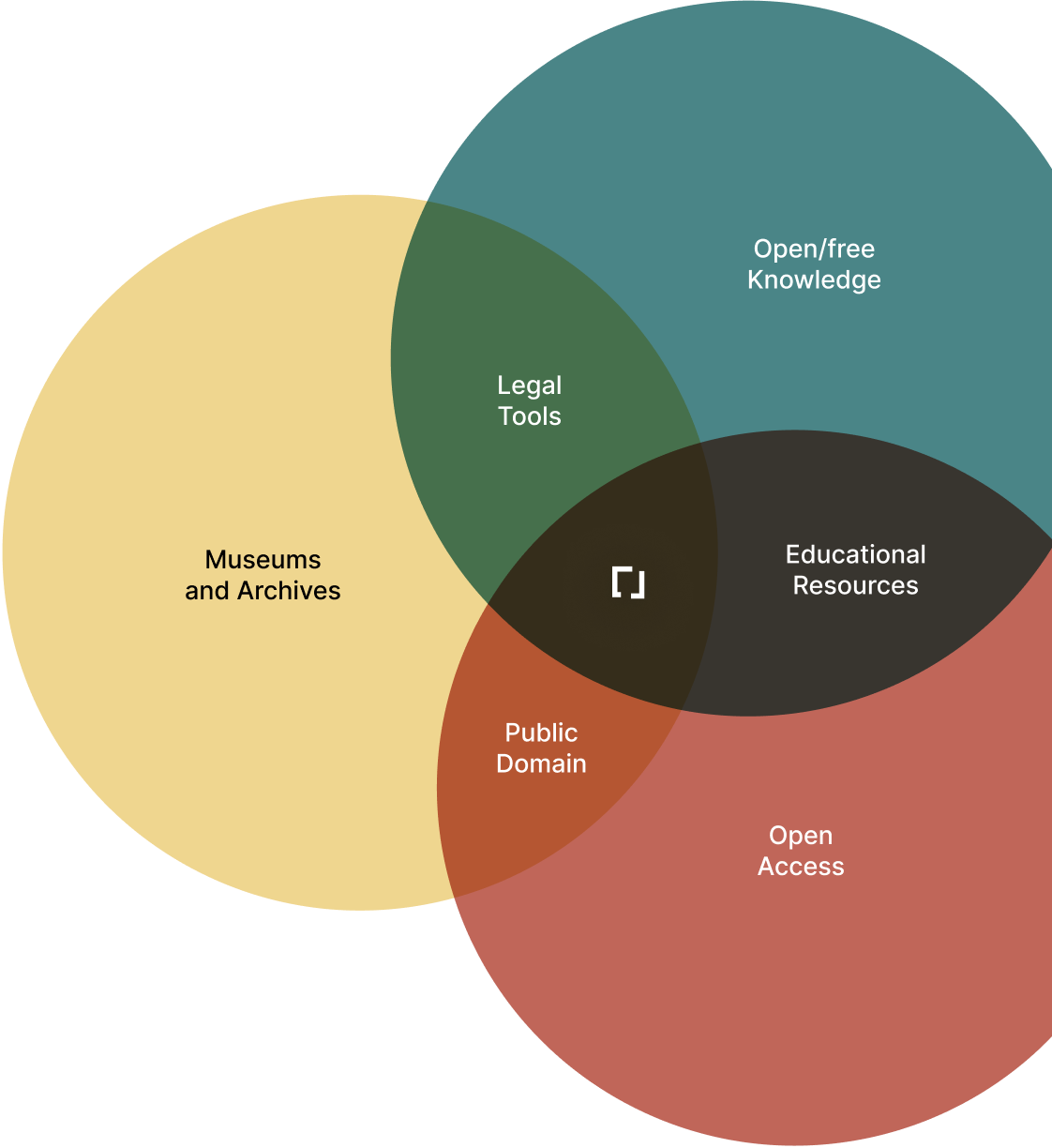About Curationist
Curationist is a free tool that makes millions of digital images of artworks and artifacts from around the world easy to access. We connect curious minds to the history, stories, and ideas these works inspire.

Princesses Gather at a Fountain, ca. 1770 Source: The Metropolitan Museum of Art
Curationist enables users and communities to seek, find, and reimagine cultural heritage through our vast archives of open access images, radical work with metadata, and editorial features shining light on marginalized histories of art and objects.
Despite sharing a commitment to open culture, many institutions face significant limitations in their ability to broaden public access to their collections through digitization. Obstacles include lack of funding, limited staff resources, and limited capacity to implement digitization initiatives.
Curationist enables users to search across institutions, large and small, to find open access digital heritage.
Since its launch in 2022, Curationist enables global users to search more than 4.4 million images of works from the open access collections of museums and archives worldwide, thus connecting curious minds to the history, stories, and ideas that these works inspire.
Users can explore Curationist’s extensive database through:
- Works - targeted searches with the faceted search tool
- Collections - browse curated collections for a more guided experience
- Editorial Features - our essays expand on the relationships between objects, cultural themes, and critical perspectives.
We are champions of open access
Curationist is a nonprofit project of Curationist Foundation.
Curationist Foundation’s mission is to connect people with global cultural resources and perspectives through open knowledge. The foundation, formally known as the MHz Foundation, launched Curationist in 2019 to create a radically collaborative online platform to enrich and champion global content curation, so people can learn, share, and better understand our world.

Support our cause
Support Curationist Foundation and be a part of our success story.
Metadata is not neutral
Although it may sound technical, metadata is simply information about an artifact or artwork. It could be an item's title, the name of the person who made it, the date it was created, or what it's made of. This descriptive information enables you to find all the works by a particular artist, or all the pictures of cats on our site. In most cases, this metadata comes directly from the institution where the object is held, like New York's Metropolitan Museum of Art, or the Art Institute of Chicago. For select items, the Curationist team enhances the metadata, adding more information or providing a different perspective, which is often rooted in a concern for social justice.
Although it may appear to be “just facts,” metadata is not neutral. It has traditionally reflected Western, Eurocentric, white supremacist values and worldviews. By providing more inclusive and respectful metadata, Curationist both makes items easier to find and expands and diversifies the ways we access and understand cultural heritage.
Our community
Our team
Museums and Archives
Curationist brings works and artifacts from the open access collections of world renowned museums together in one place.
Residencies
Curationist invites writers, artists, educators and knowledge seekers from around the world to develop editorial projects focused on public access art and cultural heritage to learn from and expand open access content.